Antigua and Barbuda plans to vote on King Charles's role as head of state

Saint John's: While Australia, Canada and New Zealand have proclaimed King Charles III as the head of their states respectively, Antigua and Barbuda will vote on whether to remove the British monarch as head of state.
The prime minister of Antigua and Barbuda, Gaston Browne said that the Caribbean country will hold a referendum on whether to become a republic and remove King Charles III as the head of state within the next few years, reported CNN. After confirming King Charles III as the King of Antigua and Barbuda on Saturday, Browne told ITV News that he planned on holding a referendum on whether the country would become a republic in the next three years.
"This is a matter that has to be taken to a referendum for the people to decide," he said, adding that it is not meant to "represent any form of disrespect to the monarch. This is not an act of hostility or any difference between Antigua and Barbuda and the monarchy."
He explained that it would be "a final step to complete the circle of independence to become a truly sovereign nation."
King Charles III was formally proclaimed as the UK's new monarch on Saturday. At his confirmation ceremony, he pledged to "follow the inspiring example" of his mother, Queen Elizabeth II.
In his declaration at St James's Palace, he paid tribute to his late mother, Queen Elizabeth II. He spoke of the "great inheritance and of the duties and heavy responsibilities of Sovereignty which have now passed to me."
The former British colony gained its independence from the United Kingdom in 1981 but is one of 14 countries to retain the British monarch as head of state. It is also a part of the Commonwealth, a 54-member organization of mostly former British territories.
The Commonwealth realms include - Antigua and Barbuda, Australia, The Bahamas, Belize, Canada, Grenada, Jamaica, New Zealand, Papua New Guinea, Saint Kitts and Nevis, Saint Lucia, Saint Vincent and the Grenadines, Solomon Islands, and Tuvalu.
The king's role as monarch of these countries is largely symbolic, and he will not be directly involved in governing, as he is a head of state, not the head of government.
Though the Commonwealth realms are a sign of the enduring legacy of the British Empire, the current state of affairs between the British monarchy and such nations is also a reminder that Queen Elizabeth presided over a dwindling empire during her reign. She was head of state of 32 countries over the course of her time on the throne, but 17 ultimately cut ties during the same period.
In addition to Barbados, the 16 countries that removed Queen Elizabeth as head of state after she ascended the throne in 1952 are Sri Lanka, Fiji, The Gambia, Ghana, Guyana, Kenya, Malawi, Malta, Mauritius, Nigeria, Pakistan, Sierra Leone, South Africa, Tanzania (Tanganyika), Trinidad and Tobago, and Uganda.
Australia on Sunday proclaimed King Charles III as the head of state, the first new monarch in 70 years.
The proclamation was made by Australia's Governor-General David Hurley at the nation's parliament in Canberra. A series of proclamation ceremonies will also take place across state parliaments in the country, reported CNN.
King Charles-III was proclaimed as the new monarch of England on Saturday after his mother Queen Elizabeth II passed away on Thursday.
Neighbouring commonwealth country New Zealand Sunday also officially proclaimed King Charles III as its head of state in a televised ceremony, reported CNN.
Prime Minister Jacinda Ardern said Queen Elizabeth served the people of New Zealand for 70 years with unwavering duty.
Meanwhile, King Charles III has officially proclaimed Canada's monarch Saturday in a ceremony in Ottawa.
Born on November 14, 1948, Charles was the first child of Elizabeth and Philip, then the princess and prince. At the age of 19, he formally became the Prince of Wales on July 1, 1969.
He married Lady Diana Spencer on July 29, 1981, and became the first royal heir since 1660 to marry an English woman.
In August 1996, Diana and Charles went their separate ways and got legally divorced.
After Diana's demise in a car accident, Charles remarried Camilla Parker Bowles in April 2005. Soon, the couple got the royal title of Duke and Duchess of Cornwall. (ANI)

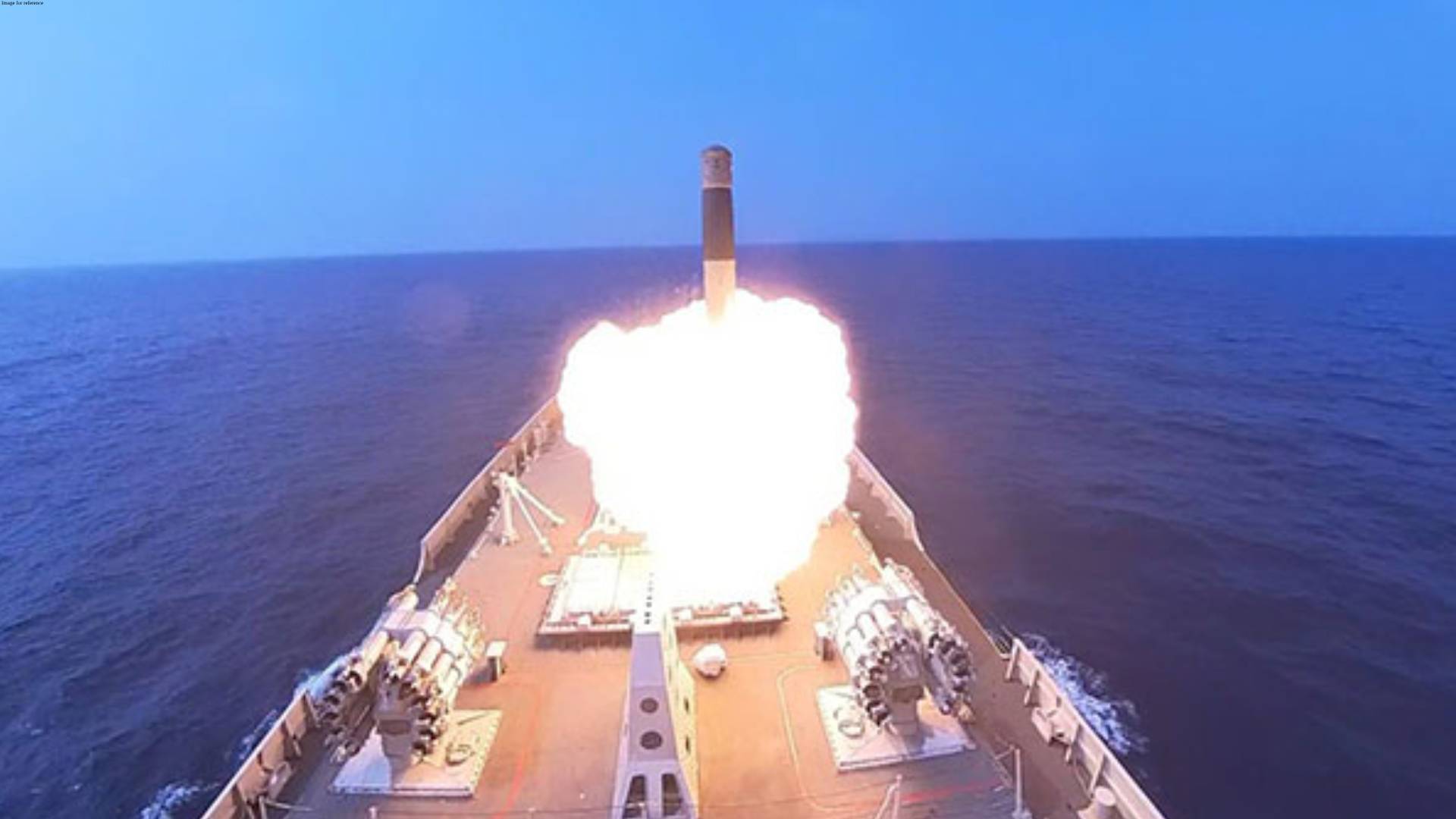
.png)
.png)



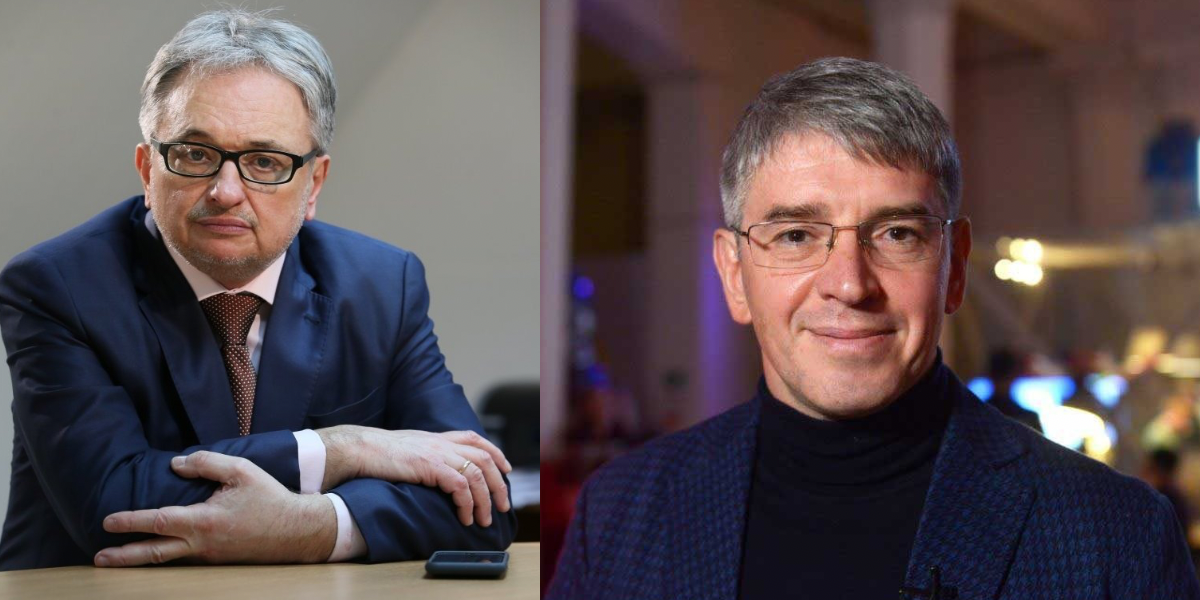


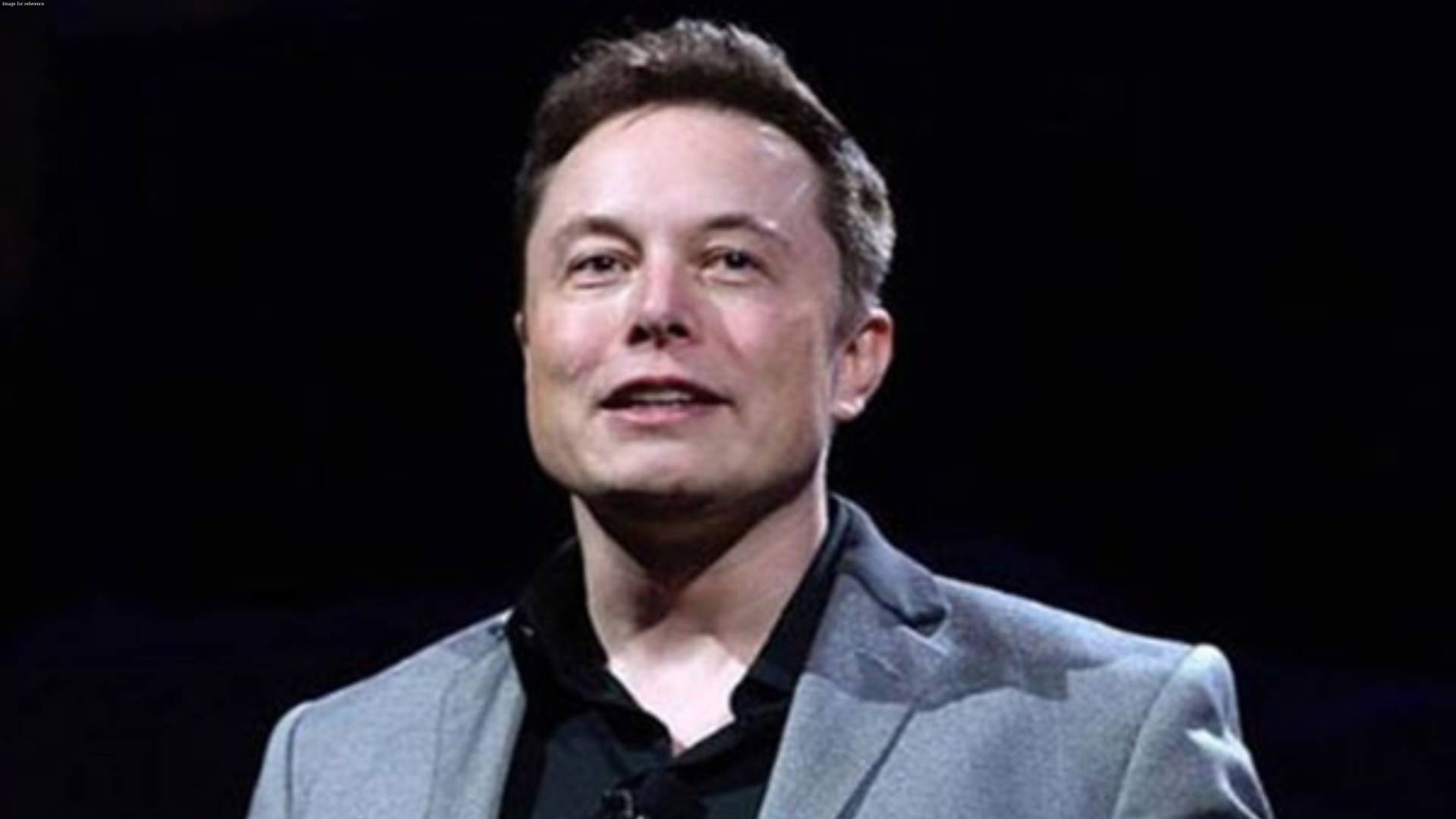

.png)

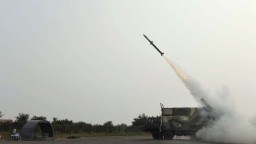
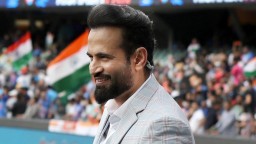
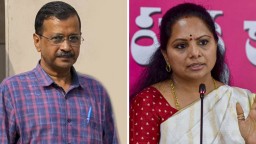
.jpg)


.jpg)
